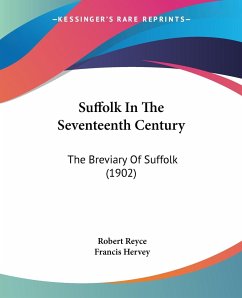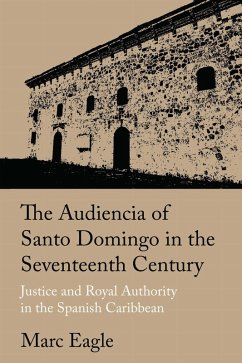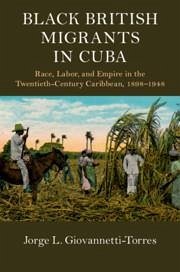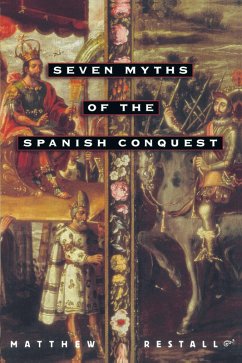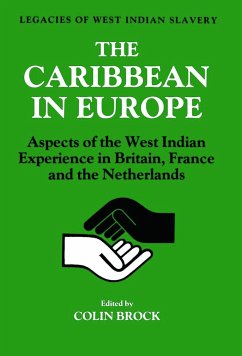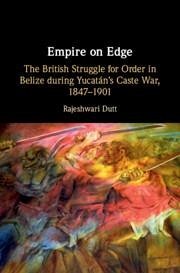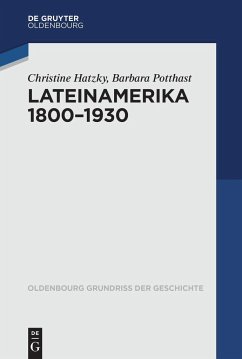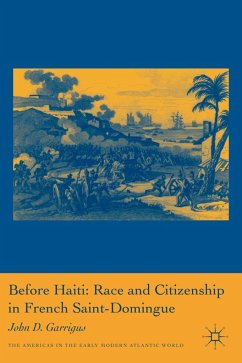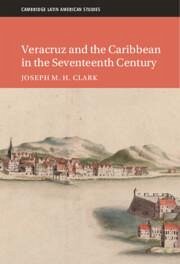
Veracruz and the Caribbean in the Seventeenth Century

PAYBACK Punkte
53 °P sammeln!
In the seventeenth century, Veracruz was the busiest port in the wealthiest colony in the Americas. People and goods from five continents converged in the city, inserting it firmly into the early modern world's largest global networks. Nevertheless, Veracruz never attained the fame or status of other Atlantic ports. Veracruz and the Caribbean in the Seventeenth Century is the first English-language, book-length study of early modern Veracruz. Weaving elements of environmental, social, and cultural history, it examines both Veracruz's internal dynamics and its external relationships. Chief amon...
In the seventeenth century, Veracruz was the busiest port in the wealthiest colony in the Americas. People and goods from five continents converged in the city, inserting it firmly into the early modern world's largest global networks. Nevertheless, Veracruz never attained the fame or status of other Atlantic ports. Veracruz and the Caribbean in the Seventeenth Century is the first English-language, book-length study of early modern Veracruz. Weaving elements of environmental, social, and cultural history, it examines both Veracruz's internal dynamics and its external relationships. Chief among Veracruz's relationships were its close ties within the Caribbean. Emphasizing relationships of small-scale trade and migration between Veracruz and Caribbean cities like Havana, Santo Domingo, and Cartagena, Veracruz and the Caribbean shows how the city's residents - especially its large African and Afro-descended communities - were able to form communities and define identities separate from those available in the Mexican mainland.





